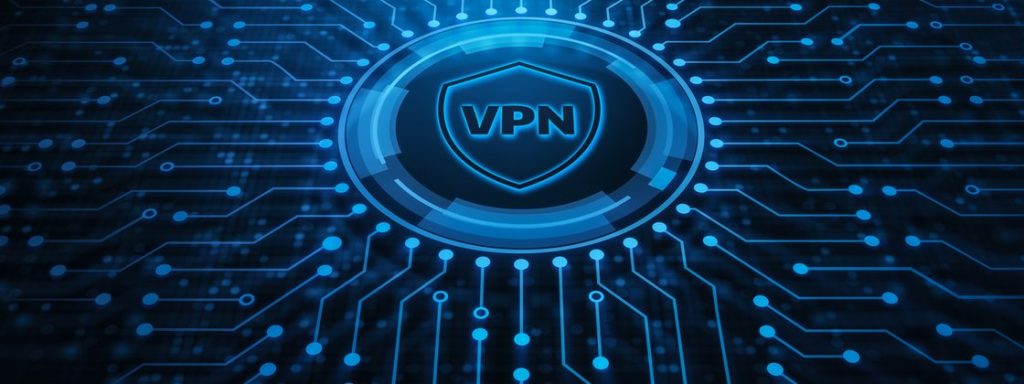Many individuals use Virtual Private Network because it is one of the most trustworthy and trusted services for protecting internet privacy and personal data. Despite the fact that VPN usage is on the rise, many people are still unaware of a number of fascinating facts about VPNs.
Virtual Private Network is increasingly being used by individuals and organisations to protect their data on the internet and other public networks. According to recent research, one out of every four persons on the planet uses VPN servers. Here are ten fascinating facts about virtual private networks that you probably didn’t know.
VPN providers keep your data to themselves
There is a common misunderstanding that Virtual Private Network services keep client logs in order to hand them over to government authorities. This is untrue! The information is used to identify potential network issues and to improve services. Governments in some countries, however, have the authority to compel that providers hand up these data.
A VPN is similar to a firewall, except it’s untraceable
While firewalls act as a sifter, inspecting data packets as they enter and exit a network or computer (as well as protecting you from viruses), Virtual Private Network is a little different. VPNs use tunnel encryption to secure your data as it travels between servers, making it more difficult for malware to infiltrate your network or machine. Both of these traits are equally vital and safeguard distinct things. VPNs protect networks by being untraceable, while firewalls protect networks by sorting. Virtual Private Network, like a WAN (Wide Area Network), changes our IP addresses and locations, allowing you to browse any website safely.
PPTP is the oldest VPN protocol
In the mid-1990s, Gurdeep Singh-Pall, a Microsoft software engineer, created PPTP (Peer-to-Peer Tunneling Protocol), which paved the way for Virtual Private Network. Although many people believe that PPTP is the quickest of all the protocols, it was built for dial-up access and has the weakest encryption. IPsec was first introduced in 1996 as a standardised draught.
Using a VPN doesn’t make you completely anonymous
Even though some Virtual Private Network providers claim to provide completely anonymous web browsing, this isn’t the case. Even if they don’t need any personal information from you, your IP address can be used to identify you. However, you need not be concerned because the services make no attempt to divulge your identify.
You can still get hacked with a VPN
It’s just really difficult. Despite the fact that a Virtual Private Network can disguise your IP address, hide you from third parties, and encrypt your data, cyber thieves can still hack your account. VPN encryption, on the other hand, makes this nearly impossible. Even if it isn’t possible, using a Virtual Private Network is far safer than not using one.
VPNs can save you money on subscriptions
Subscriptions to streaming services and other websites have different costs depending on where you are. Changing your IP address with a Virtual Private Network can help you save money on your online subscription.
VPNs let you access blocked content
While browsing the internet, some ISPs (Internet Service Providers) may prevent customers from visiting particular websites. In fact, depending on your region, ISPs, governments, and even websites may ban material. Virtual Private Network services not only bypass these restrictions and provide you complete access to the content, but they also make it simple to download that content from the internet.
VPNs can save you money on hotels and flights
Depending on your position, websites vary the prices of airline tickets and hotel packages. With a Virtual Private Network, you can change your “virtual” location and save money on your next trip. Your browser cookies must be deleted or in private mode in order to change locations. However, you should avoid using Virtual Private Network when accessing e-banking or PayPal, as accounts have been closed in the past owing to suspicions of fraudulent activity.
VPNs can sometimes give you faster internet speed
ISPs throttle people’s online traffic all across the world, resulting in slower-than-advertised internet speeds. High-bandwidth activities such as streaming HD videos are prone to this. Using highly encrypted Virtual Private Network stops ISPs from throttling certain websites. It prevents your ISP from separating your traffic into high and low-speed tunnels, forcing them to route all web traffic according to the reported connection speed.
Out of 196 countries, 30 have banned VPNs
Virtual Private Network is prohibited from being used online in nations with authoritarian legislation. Authorities prohibit VPNs in order to maintain comprehensive control over their residents’ internet activities. They block websites that promote opposing viewpoints for a variety of reasons, including maintaining national security, imposing societal ideals, and maintaining political stability. VPNs are prohibited in 30 countries, including North Korea, China, Iran, Saudi Arabia, Vietnam, Myanmar, Syria, and Russia.
Feel free to visit our company website for more blogs and knowledge base.


